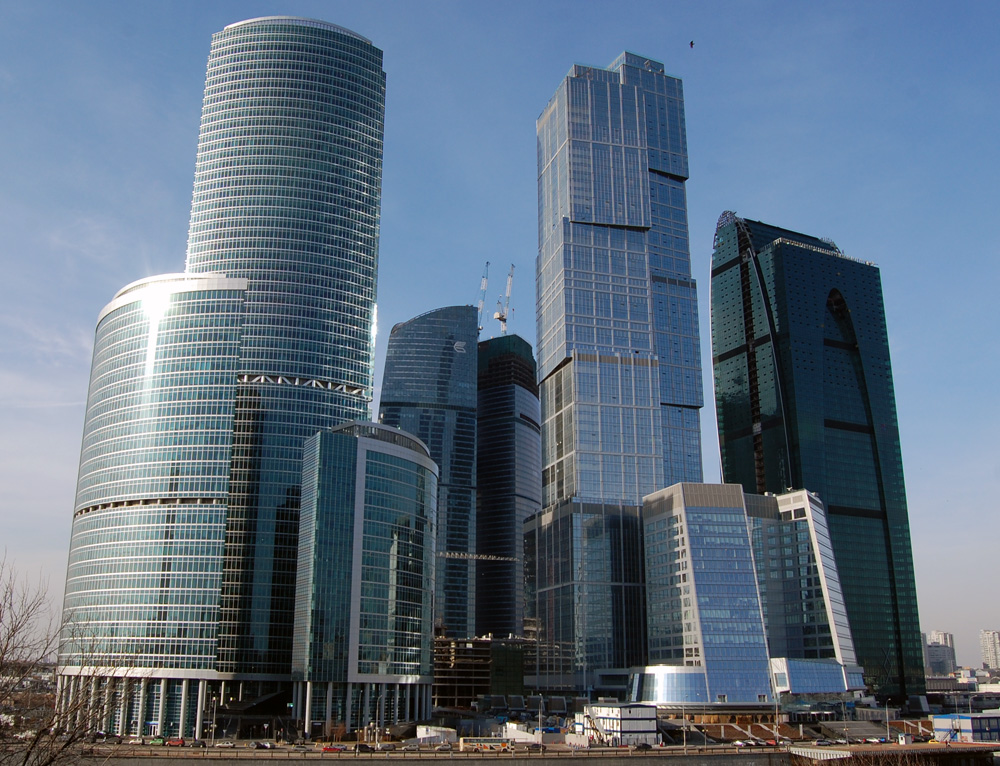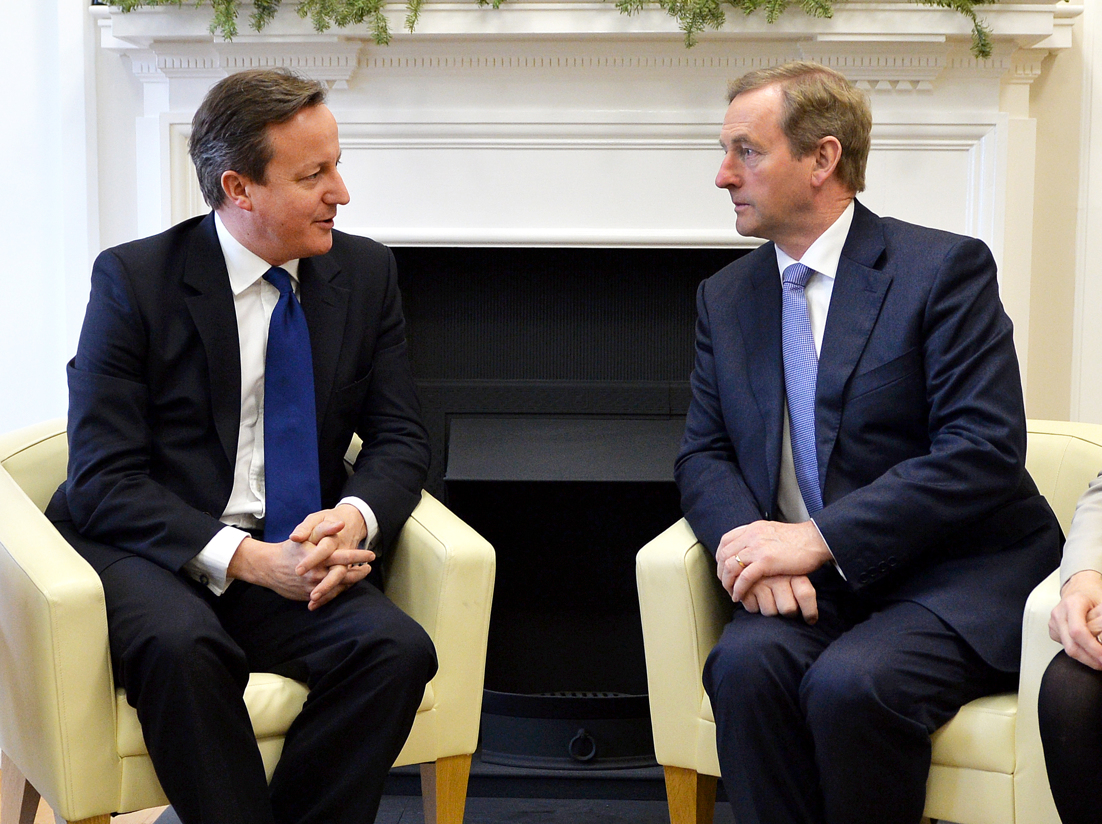With memories of previous attempts at privatizing state assets following the collapse of the Soviet Union fresh in peoples’ minds, the Putin government’s consideration of privatizing seven major state owned companies following the deterioration of the Russian economy has raised concerns over its execution. The Russian government plans to initiate a two-year program of acquiring 1 trillion rubles (USD $13.53 billion), by selling stakes in state-owned companies. The companies under consideration are oil firms Rosneft and Bashneft, diamond mining company Alrosa, the airline Aeroflot, Russian Railways, state bank VTB and the shipping company Sovcomflot. This is in combination with a 10% reduction in fiscal spending as part of measures to curb the severity of the fiscal deficit caused by the recent downturn in global energy prices with oil and gas. Revenue from oil and gas provided over half the federal budget up until 2014.
This policy reform comes at a time when inflation rates have risen to 12.9% during the past year, with food prices experiencing the worst increases resulting from Russian sanctions on EU produce imports, and oil prices hovering around USD $ 30 per barrel with deeper implications of a depreciating ruble. Late last year, the International Monetary Fund (IMF) made forecasts of a 1% reduction in Russian GDP attributed to these impending economic risks. Under current circumstances, the federal budget deficit could potentially rise to a record 7.5% of GDP by the end of this year.
Consequently, the government sees privatization as a favourable method to achieve its target deficit level of 3% of GDP, and as a means of spurring further wide spread economic reform. Recent trends in Russian monetary policy have indicated revised expectations of a possible long-term financial downturn with the Central Bank of Russia maintaining relatively stable foreign exchange reserves despite the ruble’s continuing slide along with oil prices. This is in contrast to previous spending of around USD $ 100 billion up until last March in an effort to stabilize the domestic currency, and demonstrates the government’s belief that continuing to prop up the ruble is unsustainable in the long run.
The Finance Ministry intends to place certain restrictions on the purchase of company stocks such as limiting purchase to investors including foreign investors based in Russia, and to increase levels of government regulation over purchases. Prospective investors will not be able to acquire loans from any state-owned bank in the purchase of these assets and any Russian companies holding offshore accounts will not be eligible. The state will remain the majority stakeholder as these companies are seen as key sectors that should be protected and minority stakes will possibly be sold on the Moscow Stock Exchange. This significantly limits the list of investors eligible or willing to buy shares of state owned companies, especially considering the bleak economic outlook which is likely to deter western investors. There is also speculation among some analysts that recent changes in the terms of privatization are directed towards gaining investments from oligarchs close to the government. Such a move would not differ much from Putin’s previous attempts to entice Russia’s rich to bring in money from accounts abroad by imposing discriminatory tax rates as part of alternative measures to stabilize fluctuations in the ruble.
One of the primary concerns over the privatization process has been that this might lead to a repeat of post-Soviet privatization and a wholesale of government assets to the Kremlin’s loyal elites. The current condition of the Russian economy is certainly not helping to quell fears with share prices at minimum prices. Rosneft and Bashneft stocks have been particularly affected by dropping oil prices. The government must be wary of preventing the appearance of a cheap sell off to the oligarchs. Moreover, many of the corporations being scrutinized are reluctant to release minority shares when prices are so low. Nonetheless, the government’s planned acceleration of privatization despite opposition from the public and corporate heads indicates the high economic pressure that Moscow is facing. In addressing concerns over likely share prices, Putin has reiterated that though prices will reflect market conditions, they will not be sold for fire-sale prices. Of the companies in question, Sovcomflot is the rare exception that might be more economically viable with the majority of its operating profits generated abroad resulting in reduced exposure to the Russian economy.
Although the Russian government has dabbled in small scale privatization of state assets before, the timing of recent plans to privatize places greater risk on financial returns from releasing additional shares. Privatization must be cautiously executed if positive financial and political results are to be maximized.




